
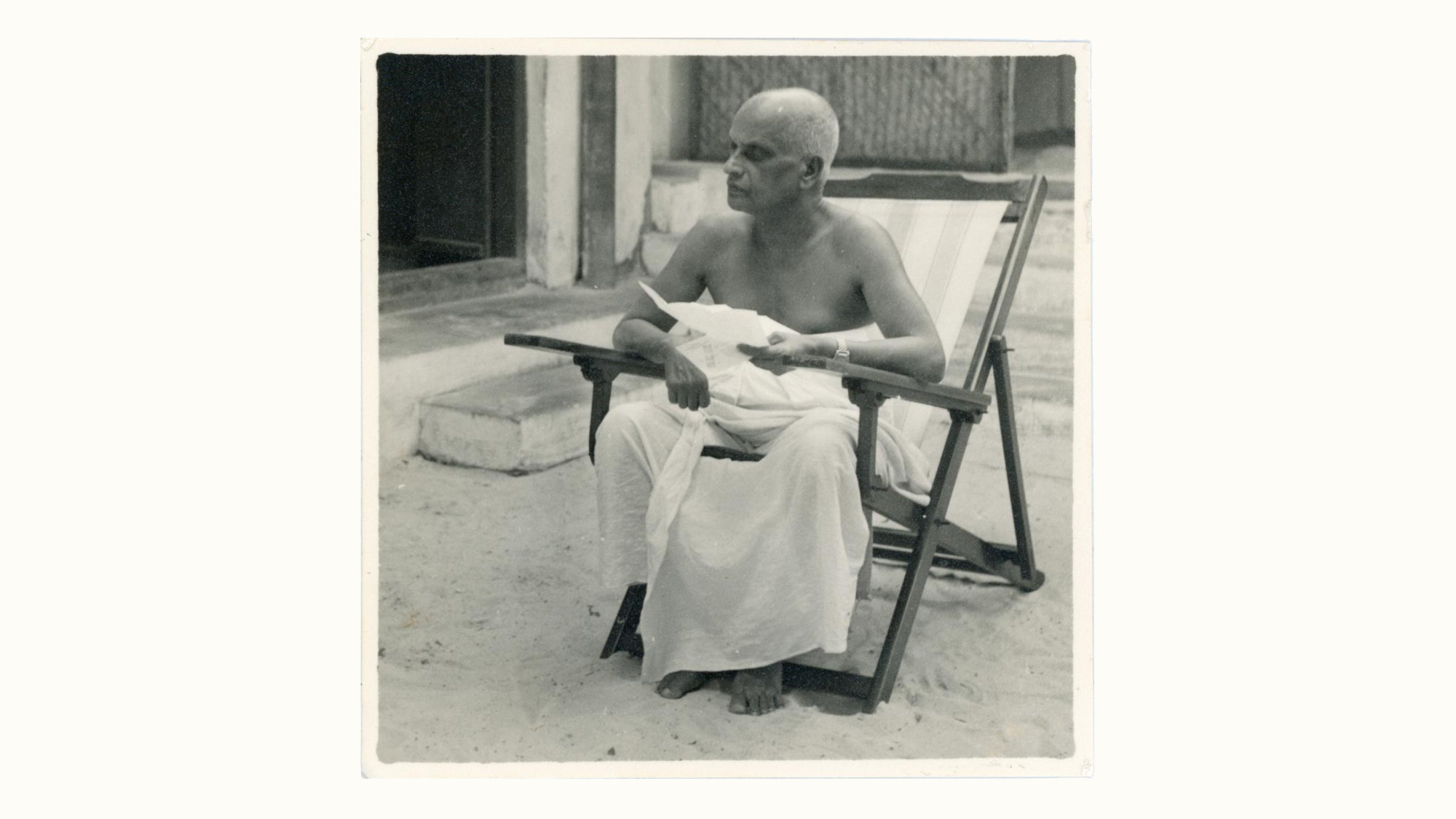
01 February 2025
by Rupert Spira, originally written for InZicht Magazine.
Read more
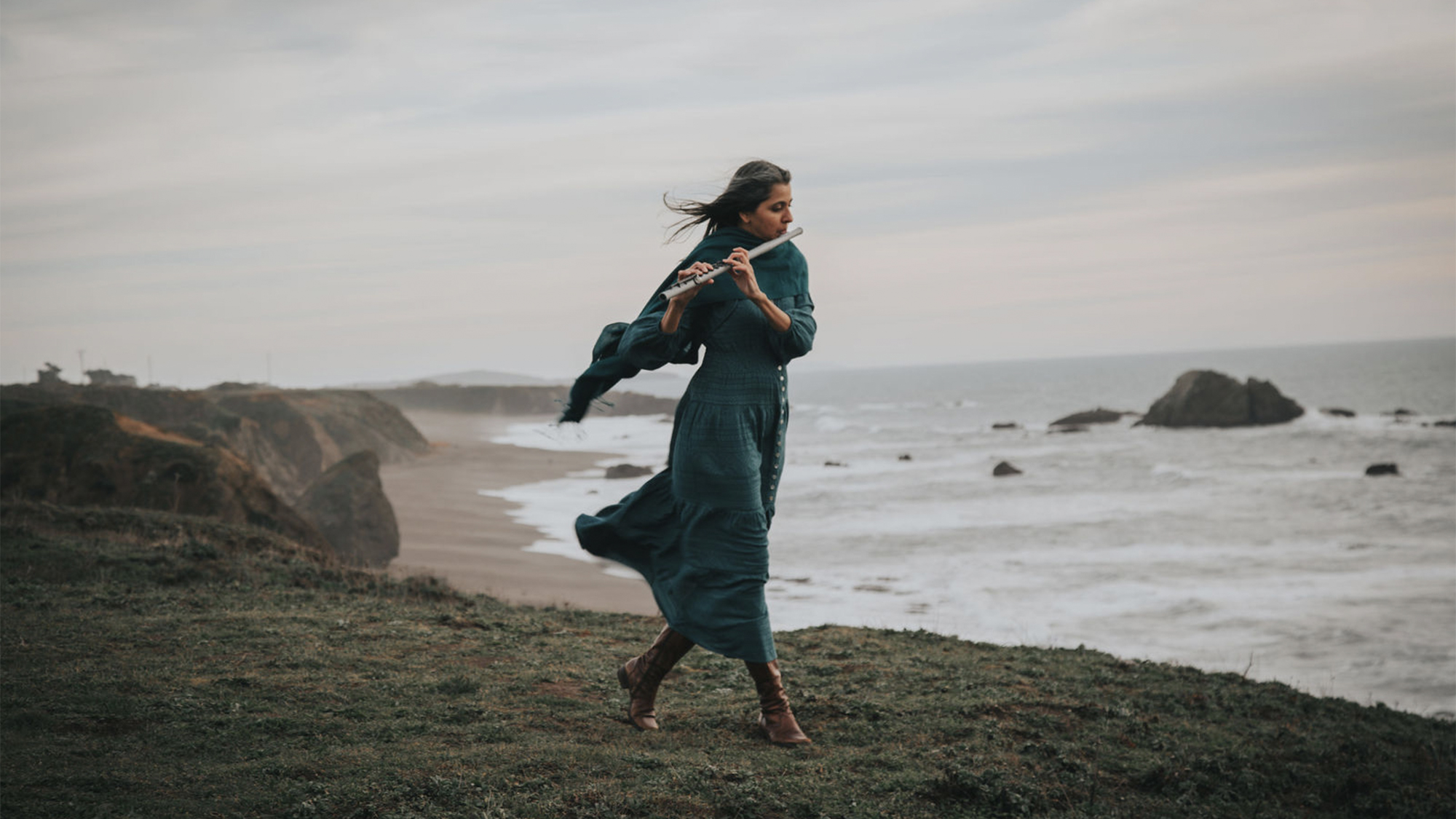
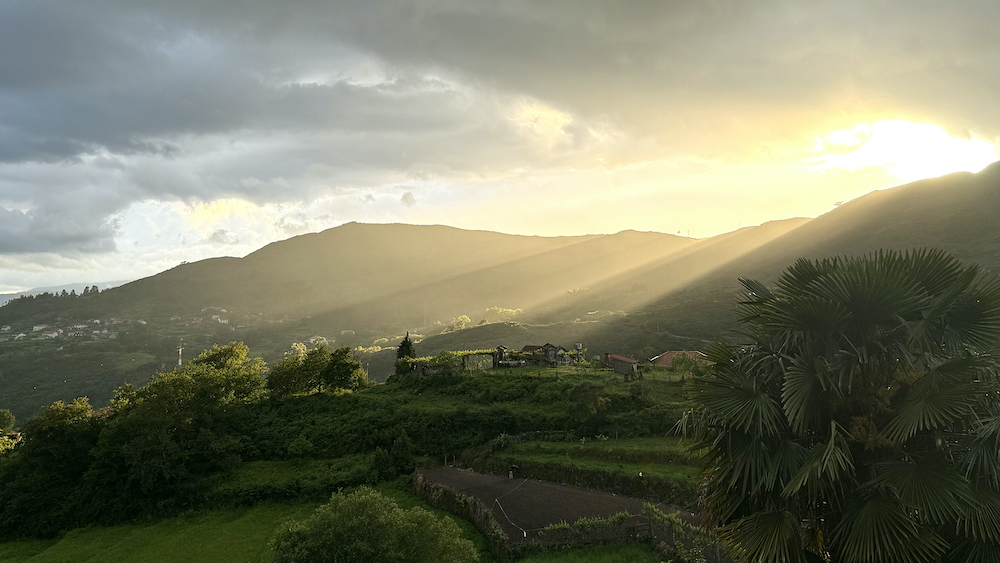
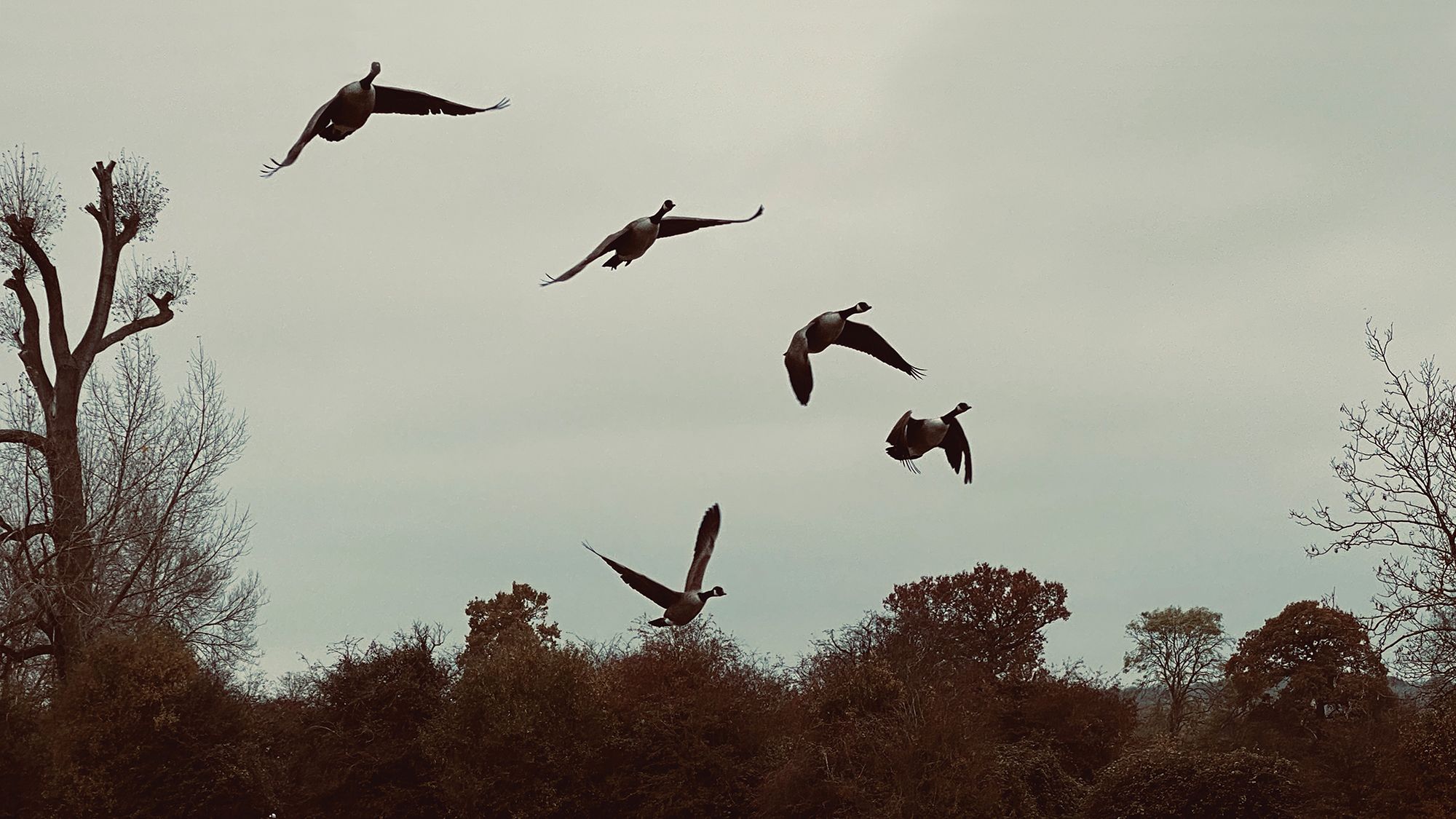
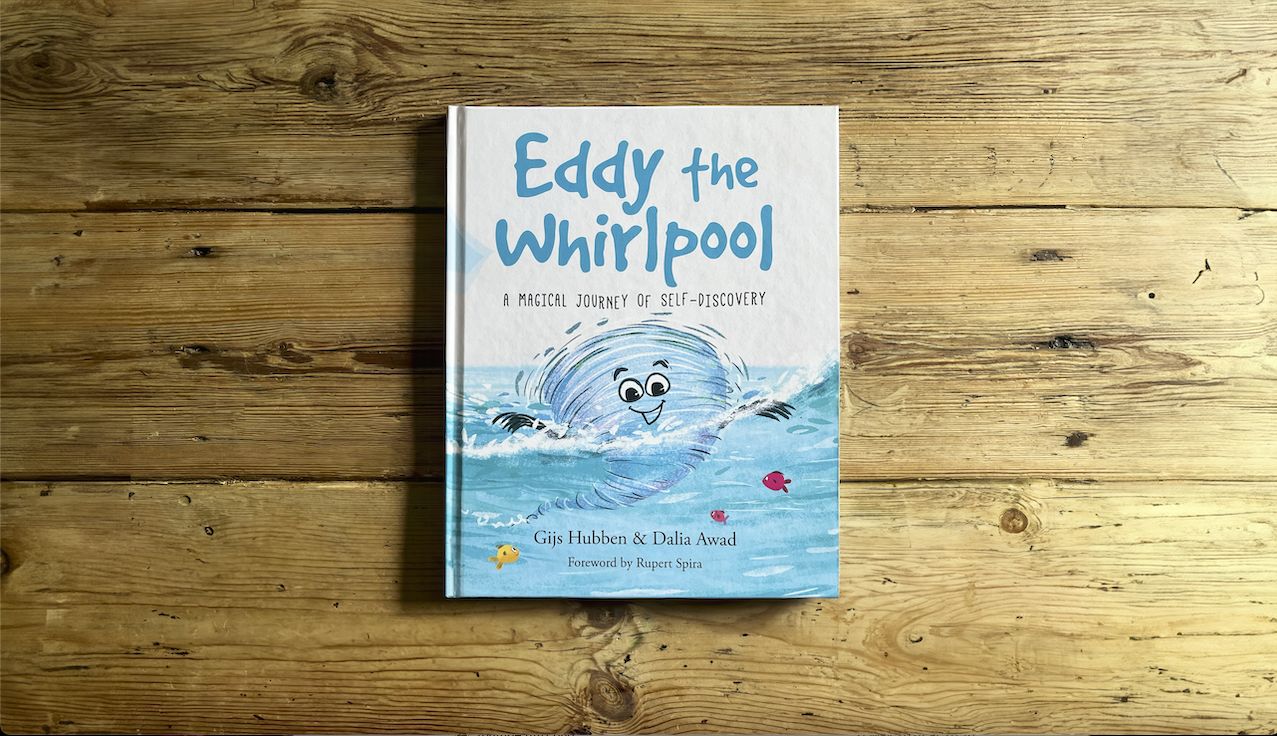
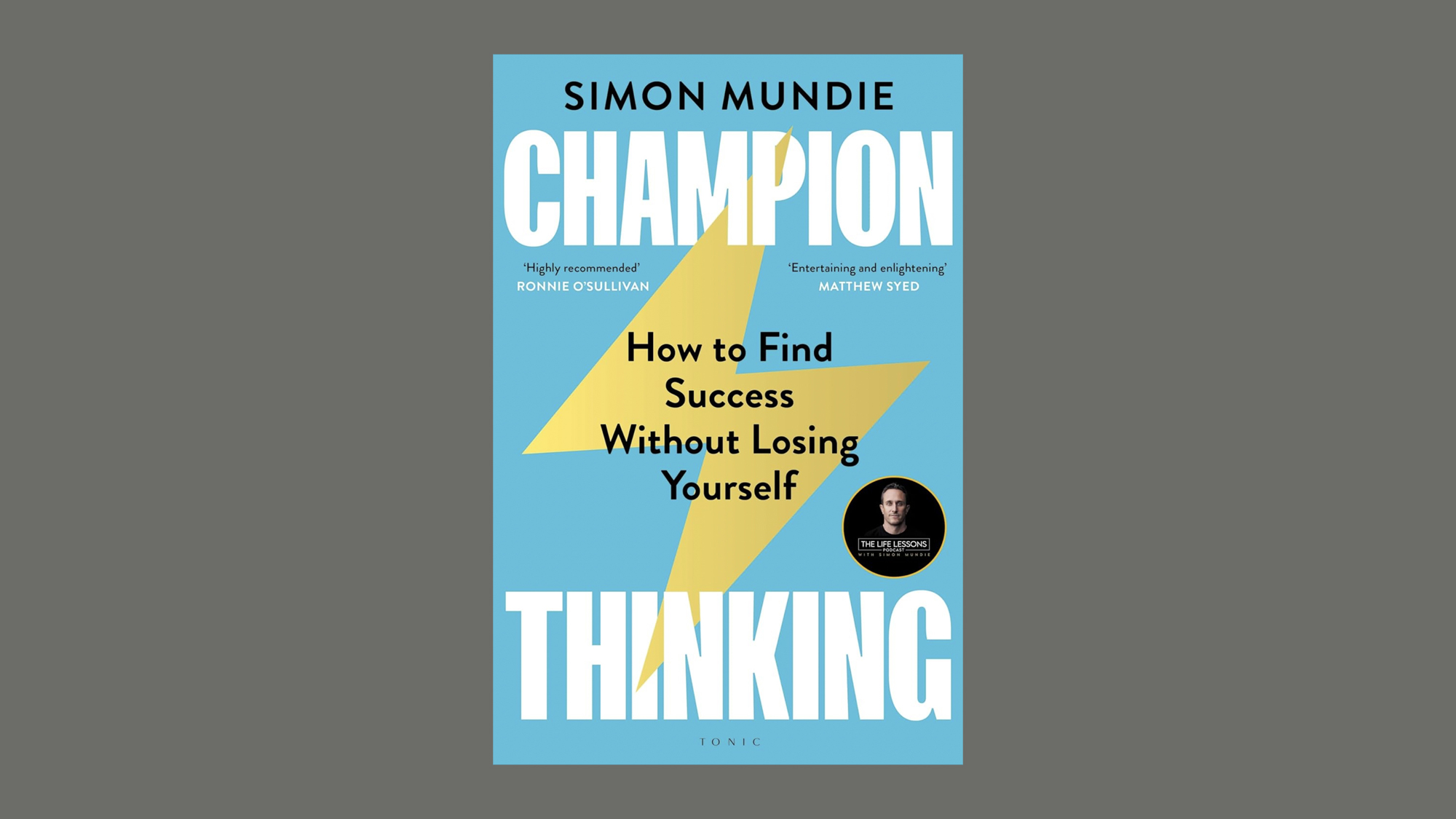
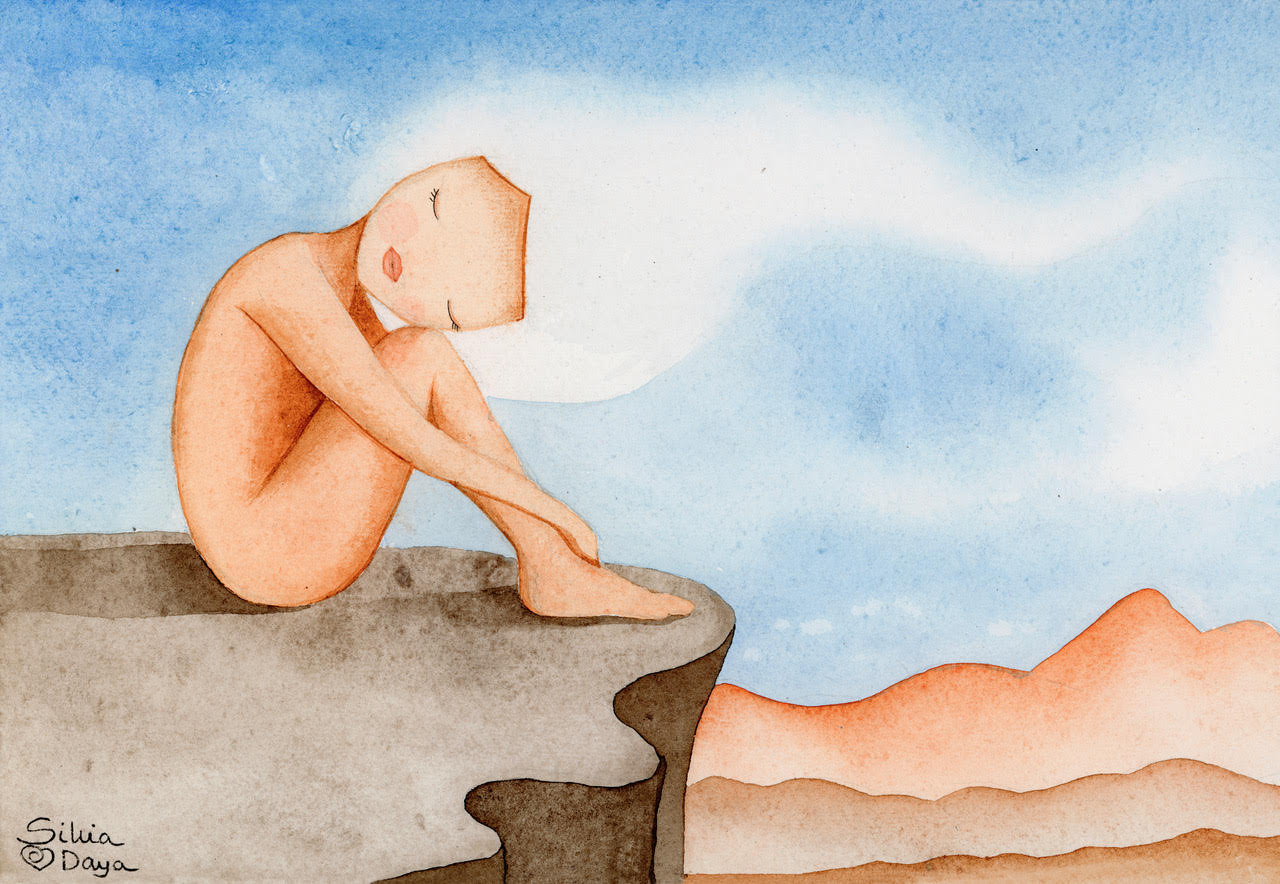
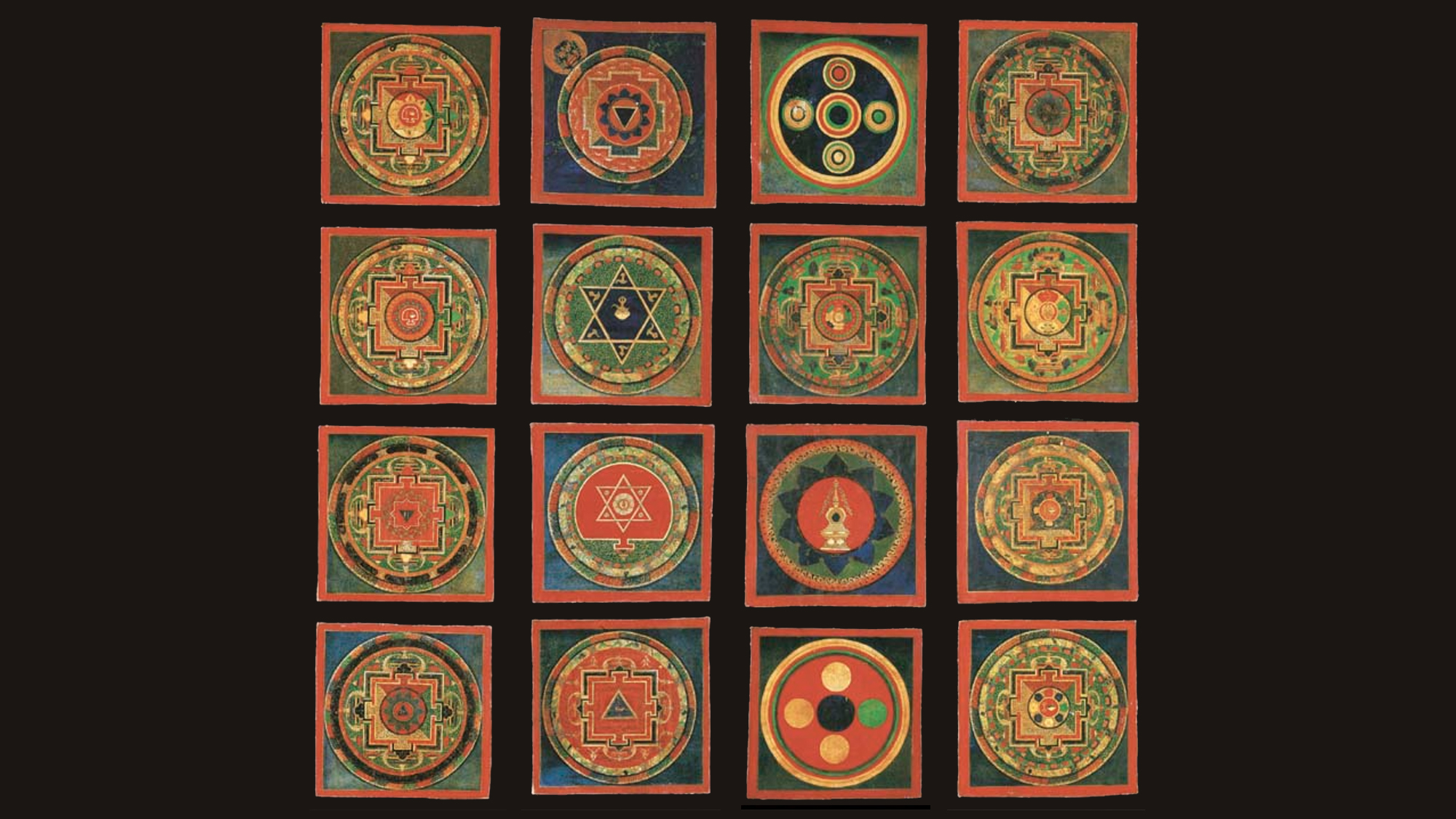
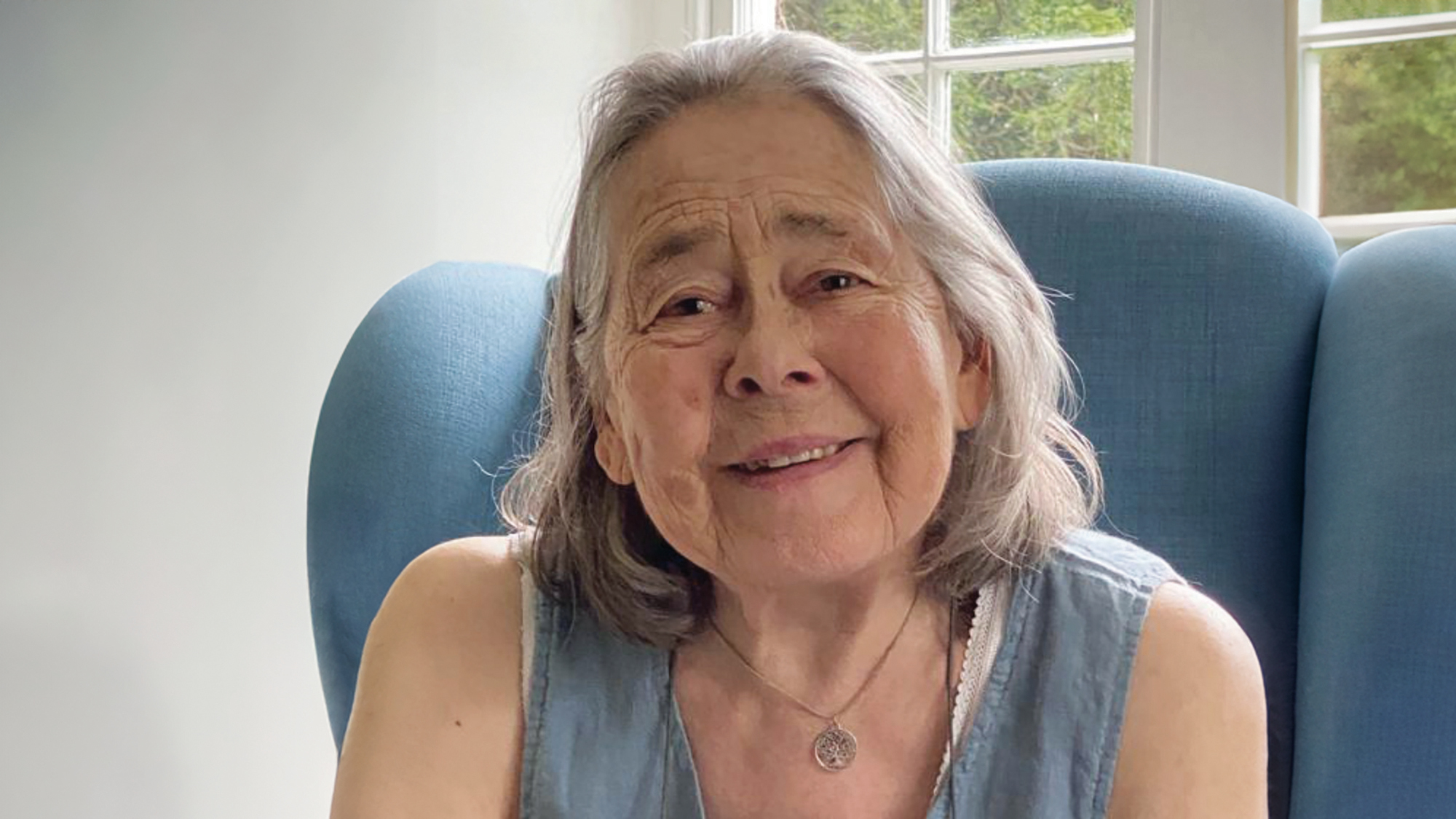
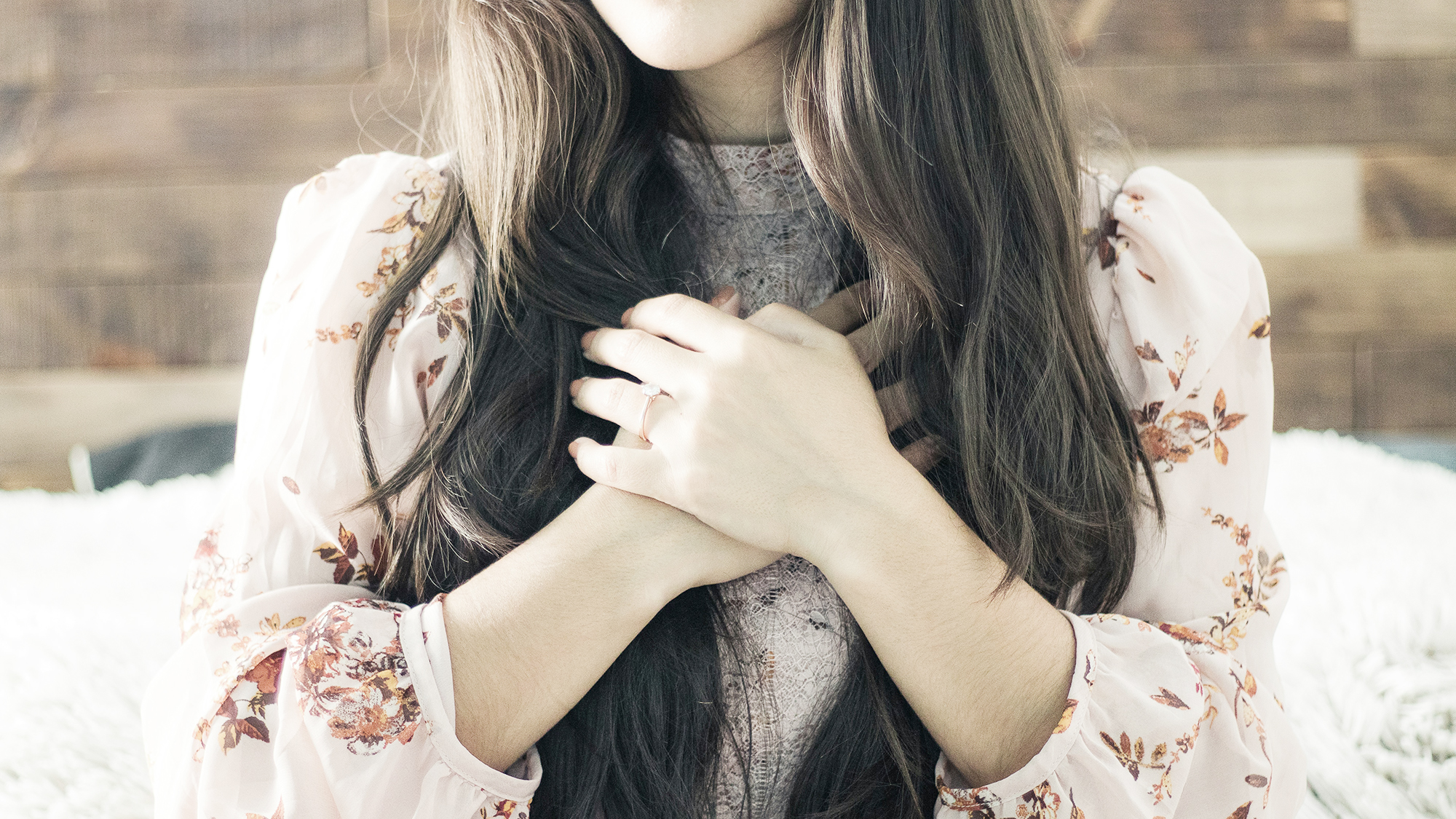

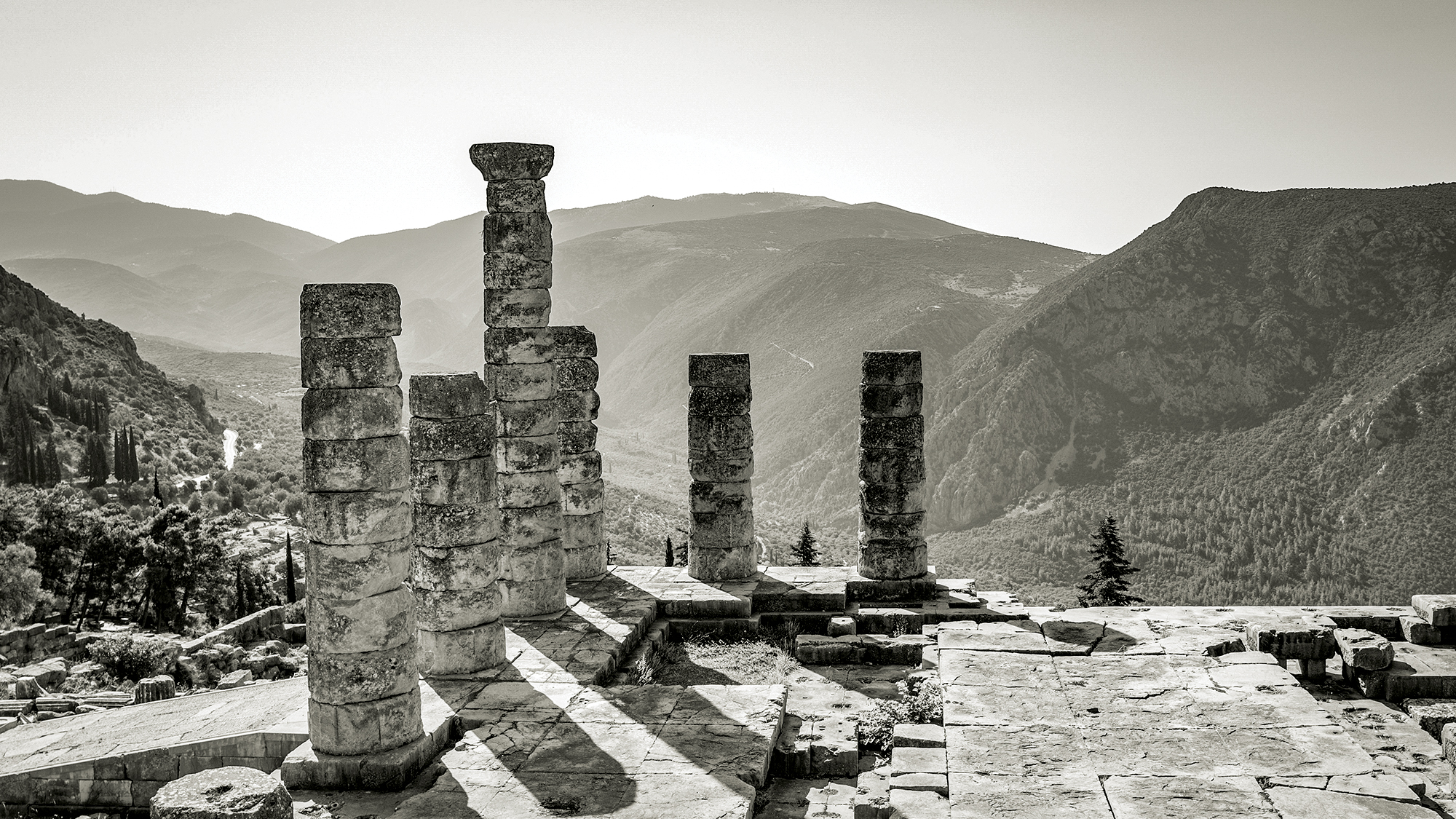
1 - 12 of 406
Sign up for a free account.
Your 14 day free trial has ended.
Please subscribe to continue enjoying everything the site has to offer.
For your safety, please confirm your dietary requirements & emergency contact details below for your upcoming event